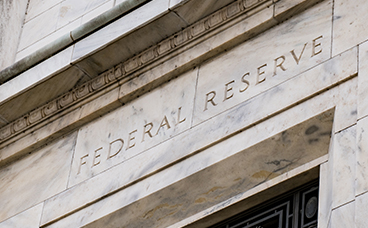Fixed Interest
Morgans offers an extensive range of Fixed Interest products and services to help you achieve your investment objectives. Your adviser will help you incorporate fixed interest into your broader wealth management strategy.

Invest for income
Cash management accounts

Cash management accounts
Enjoy the convenience of our at-call cash facilities with competitive interest rates. Our preferred products offer direct bank deposits in your name with reputable Australian banks, providing easy access to your funds. Link your account to your share trading account for seamless settlements and have dividends and interest payments deposited directly. Your adviser will manage paperwork and transactional instructions, relieving you of administrative tasks.

Term deposits
Enhance your returns and build an income portfolio with our term deposit options. Held at reputable financial institutions, term deposits offer fixed terms and higher interest rates compared to at-call accounts. You can benefit from our preferential relationships with leading banks and Authorised Deposit-taking Institutions (ADIs) to find the best term and interest rate for your needs.
Morgans provides foreign currency term deposits with attractive rates for deposits exceeding AU$100,000, and flexible/structured term deposits, allowing you to combine floating and fixed interest rate payments based on your outlook on future interest rate levels.

Listed debt and hybrids
As a major participant in the Australian listed fixed interest securities market, we can offer you advice as well as a range of new investment opportunities from a range of Australia's largest banks and industrial companies.
Listed debt and hybrid investments deliver higher levels of income, paid regularly; some also offer the benefits of franking. Your adviser can build a tailored income portfolio for you, which unlike managed fund alternatives, can be constructed to take into account your specific objectives and risk profile.

Government and corporate bonds
A government bond is a debt obligation of the issuing government, signifying that when you invest in a government bond, you are essentially lending money to the issuing government. As a debt obligation, the issuer is obligated to make all contracted payments. Bonds, being wholesale debt securities, are traded by institutional investors and are not subject to a prospectus.
We offer a comprehensive Government bond investment service, including custody facilities. Bonds improve portfolio diversification and help reduce portfolio risk while providing stable income.

Exchange-traded Government bonds
Exchange-traded bonds on the ASX provide holders with access to bonds issued by the Australian Government providing a low-risk security and diversification for investment portfolios.










